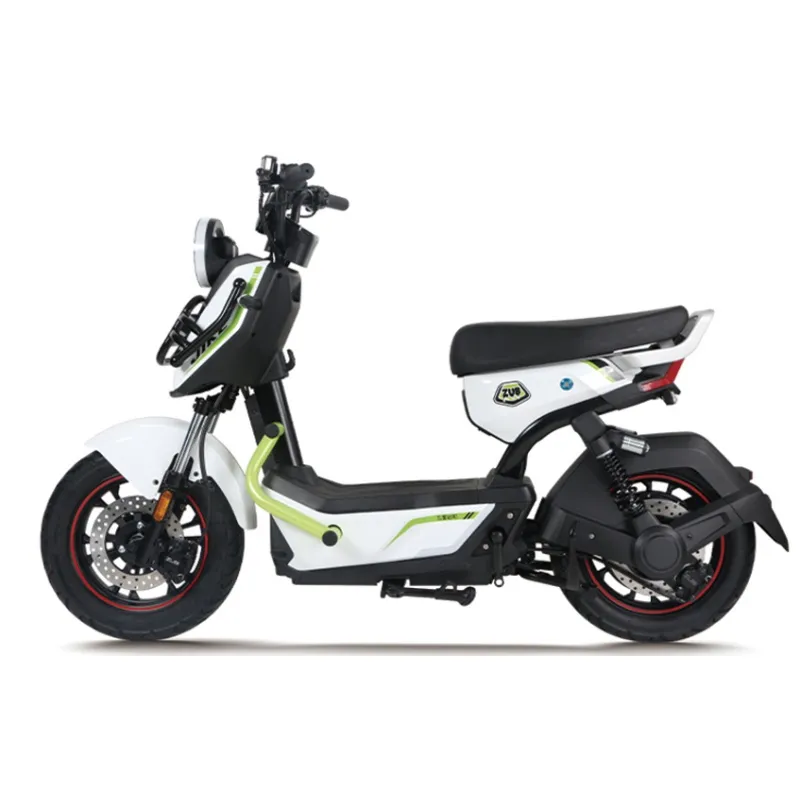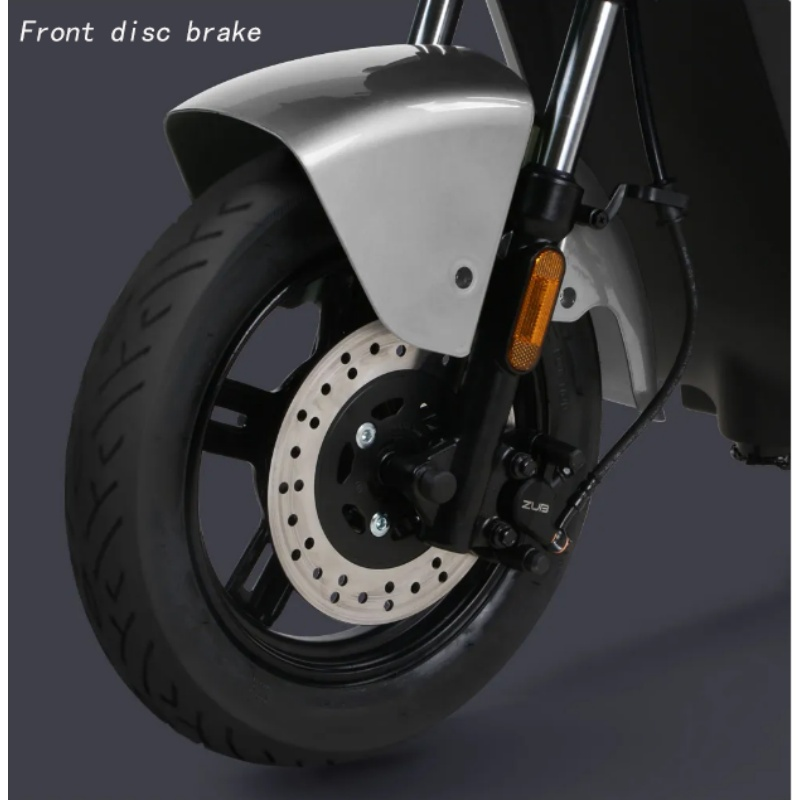Transform Your Urban Commute with Space-Saving Cycling
The modern urban landscape demands smarter transportation solutions, and the fold bike stands out as a revolutionary answer to daily commuting challenges. These ingenious vehicles combine the freedom of cycling with unprecedented portability, making them the perfect companion for city dwellers seeking efficiency in their daily travels.
As cities become increasingly congested and environmental consciousness rises, fold bikes offer a practical solution that bridges the gap between traditional bicycles and public transportation. Their unique design allows seamless integration into various commuting scenarios, from subway rides to office storage, revolutionizing how we think about urban mobility.
Design and Engineering Excellence
Innovative Folding Mechanisms
The heart of a fold bike lies in its sophisticated folding mechanism. Modern designs incorporate quick-release levers and sturdy hinges that enable riders to collapse their bikes in under 30 seconds. These mechanisms have evolved through decades of engineering refinement, resulting in secure locking systems that ensure safety while riding and convenience when folded.
Premium fold bike manufacturers employ aerospace-grade materials and precision engineering to create folding points that maintain structural integrity even after thousands of fold-unfold cycles. This attention to detail ensures longevity and reliability, making these bikes a worthwhile investment for daily commuters.
Compact Storage Solutions
When folded, these bikes typically occupy a footprint no larger than a standard suitcase. This compact form factor allows them to fit easily under office desks, in small apartments, or in the trunk of a car. Some advanced models even feature magnetic clasps or straps that keep the folded bike securely bundled, preventing any unwanted unfolding during transport.
The reduced size doesn't compromise the bike's functionality – many fold bikes maintain full-size wheel performance while offering storage dimensions that traditional bikes simply cannot match. This balance of performance and practicality makes them increasingly popular among urban professionals with limited storage space.

Multimodal Transportation Benefits
Integration with Public Transit
Fold bikes excel in combining cycling with other forms of transportation. During rush hour, commuters can cycle to the train station, fold their bike, and carry it aboard without requiring special bicycle permits or facing restrictions. This flexibility enables longer commuting distances while maintaining the convenience of personal transportation at both ends of the journey.
Many transit authorities worldwide have recognized the advantages of fold bikes and have adapted their policies to accommodate these space-efficient vehicles. Some systems even provide dedicated storage areas for folded bikes, acknowledging their role in reducing congestion and promoting sustainable transportation.
Last-Mile Solution Excellence
The fold bike shines particularly bright as a last-mile solution. After arriving at a train station or bus stop, commuters can quickly unfold their bikes and complete their journey to the office or home, eliminating the need for additional public transportation or expensive taxi rides. This capability not only saves time but also provides valuable physical activity during the commute.
For professionals working in business districts with limited parking, a fold bike offers the perfect compromise. They can drive to a more affordable parking area outside the city center and use their fold bike for the final leg of their journey, effectively reducing both commuting costs and time.
Economic and Environmental Impact
Cost-Effective Commuting
While the initial investment in a quality fold bike might seem substantial, the long-term economic benefits quickly become apparent. Commuters can significantly reduce their transportation expenses by eliminating or reducing their dependence on car travel, parking fees, and public transit passes. Regular maintenance costs are also typically lower than those associated with motor vehicles.
Many employers now offer cycle-to-work schemes that can include fold bikes, providing tax benefits and subsidies that make these versatile vehicles even more accessible. The durability of modern fold bikes ensures that this investment continues to deliver value for many years.
Environmental Sustainability
Choosing a fold bike for daily commuting contributes significantly to reducing one's carbon footprint. By replacing car journeys with cycling, commuters can eliminate daily vehicle emissions while simultaneously decreasing traffic congestion. The compact nature of fold bikes also means they require less raw material in their construction compared to traditional bicycles.
The environmental benefits extend beyond direct carbon reduction. Fold bikes promote a more sustainable urban lifestyle by encouraging the use of public transportation and reducing the demand for parking spaces, which often require extensive concrete infrastructure.
Performance and Comfort Features
Riding Dynamics
Modern fold bikes offer riding experiences comparable to traditional bicycles. Advanced frame designs and geometry adjustments compensate for the smaller wheel sizes typically used in folding models. Many riders find that the lower center of gravity actually improves handling in urban environments, making it easier to navigate through traffic and around tight corners.
Manufacturers have invested heavily in developing fold bikes that maintain stability and responsiveness despite their collapsible nature. High-quality models feature rigid frame connections and precise wheel alignment systems that eliminate the flex and wobble sometimes associated with earlier folding designs.
Customization Options
Today's fold bikes come with a wide range of customization options to suit different commuting needs. From multiple gear systems for hilly terrains to electric assist motors for longer journeys, these bikes can be tailored to specific requirements. Accessories such as integrated lighting systems, cargo racks, and weather protection add to their practical appeal.
The adaptability extends to ergonomic considerations, with many models offering adjustable handlebars, seat heights, and even frame sizes to ensure optimal comfort for riders of different heights and preferences. This level of customization helps maintain comfort during daily use, encouraging regular commuting by bike.
Frequently Asked Questions
How long does it take to fold and unfold a typical fold bike?
With practice, most riders can fold or unfold their bikes in 15-30 seconds. Premium models often feature optimized folding mechanisms that require fewer steps and can be completed even faster. The process typically becomes second nature after a few days of regular use.
Are fold bikes as durable as regular bicycles?
Quality fold bikes are engineered to be just as durable as traditional bicycles. Their frames are designed with reinforced folding points and undergo rigorous testing to ensure they maintain structural integrity through thousands of folding cycles. Many manufacturers offer warranties comparable to those of standard bikes.
What maintenance does a fold bike require?
Fold bikes require similar maintenance to regular bicycles, including regular chain lubrication, brake adjustment, and tire pressure checks. The folding mechanisms should be kept clean and occasionally lubricated according to manufacturer specifications. It's recommended to have the folding joints inspected during annual servicing.

